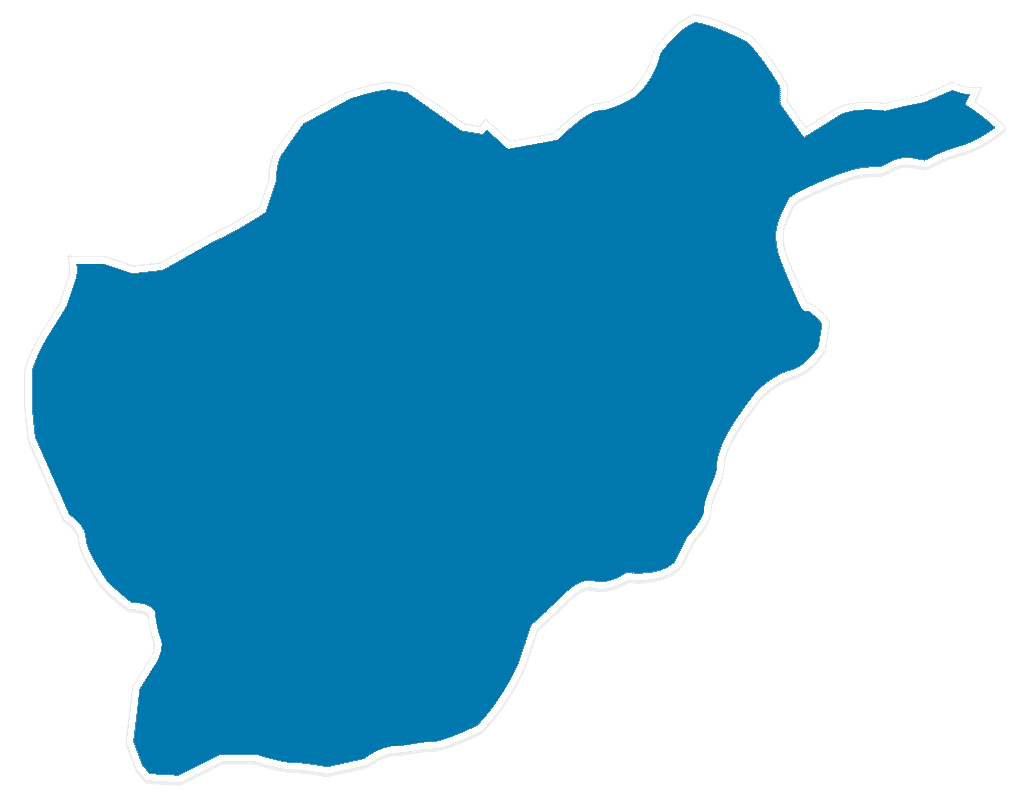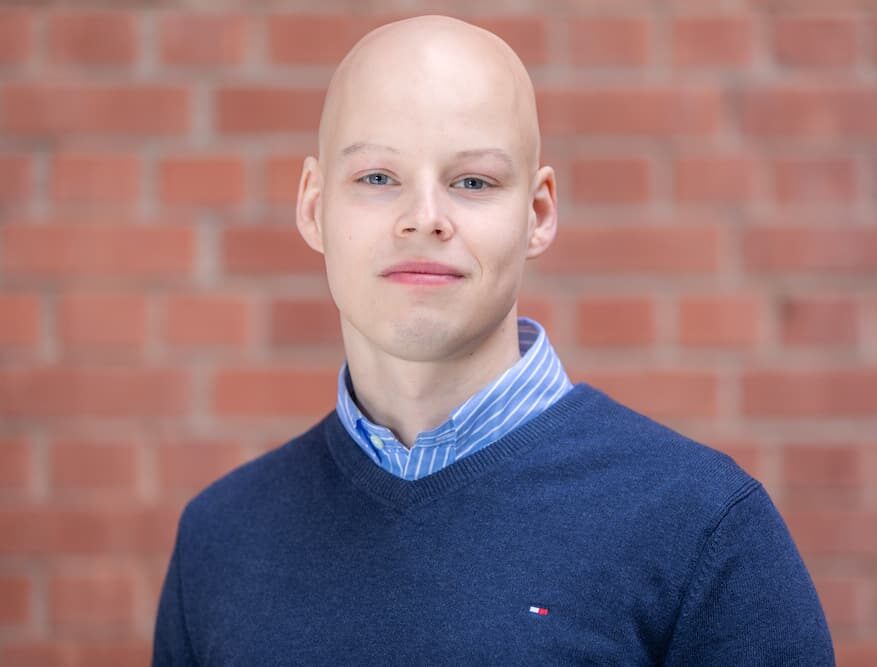Start date: 2013 (2005 to 2012 at the Max Planck Institute for Comparative Public Law and International Law)
Areas of expertise: Administrative Law, Constitutional Law, Public International Law, Human Rights
Highlights: over 16 projects, including 30+ workshops, 3+ secondments

Overview
Afghanistan has seen one of the most prominent state-building efforts in recent decades, as significant time and resources were invested in efforts to build a legitimate government apparatus that would rule by democratic consent. After the withdrawal of the international military presence from the country and the rupture of transnational aid flows, Afghanistan faces a sudden displacement of one state-building endeavour by another. The dissolution of the Islamic Republic’s government under President Ashraf Ghani and the ascent to power of the Taliban mark a political rupture as much as a turning point in Afghanistan’s legal development. While many anticipated a swift unravelling of previous reforms and the restoration of policies witnessed in earlier years of Taliban rule, the new powerholders are confronted with a society unevenly transformed by the last two decades. The new rulers have inherited a changed country and state structures that all but lend themselves to a simple reversion back to past modes of governance. With the Constitution of 2004 effectively abolished, the announced constitution-making process is just one of many areas of law held in suspense, from the statutes to be applied to cases before state-run courts to the delicate recalibration of state, religious and traditional authority in law.
Current projects in Afghanistan
Completed projects in AFGHANISTAN
News Items

Webinar on the (non-)recognition of Taliban rule in Afghanistan

Webinar focusing on gender-based-violence (GBV) against women and girls in Afghanistan

Afghanistan webinar examines constitutionalism and ethnic accommodation in Afghanistan

UN Special Rapporteur Richard Bennett speaks at the Foundation

Webinar on distance learning and the right to education in Afghanistan
More Information
Afghanistan Legal Research Network
Contact

Stephan F H Ollick
Email:
Phone: +49 (0)6221 91404 58
(See full profile)
